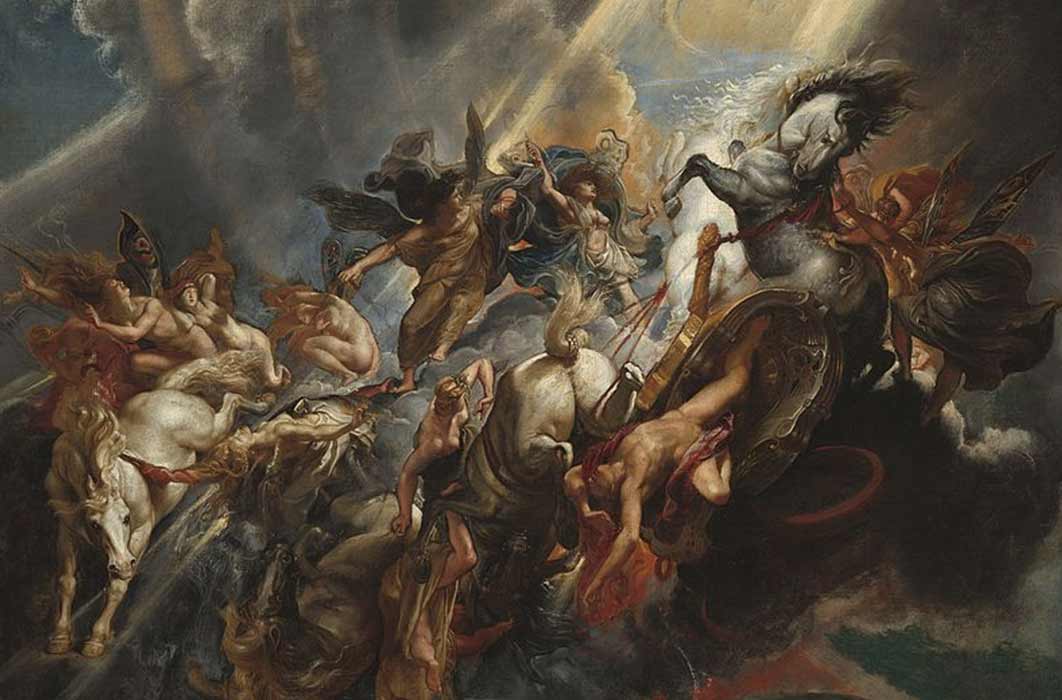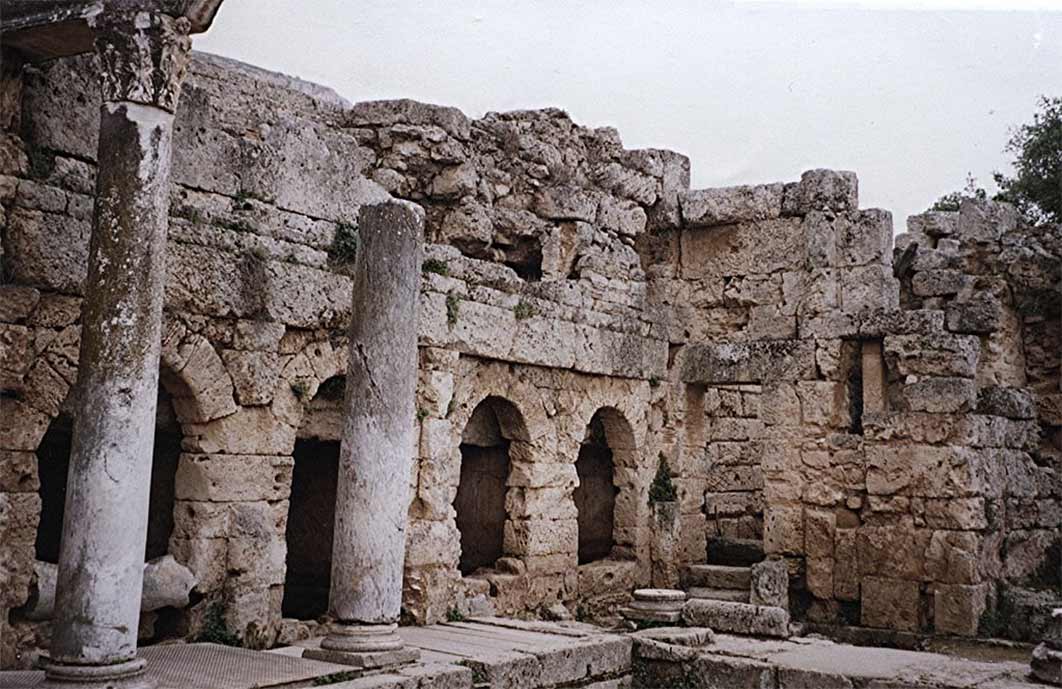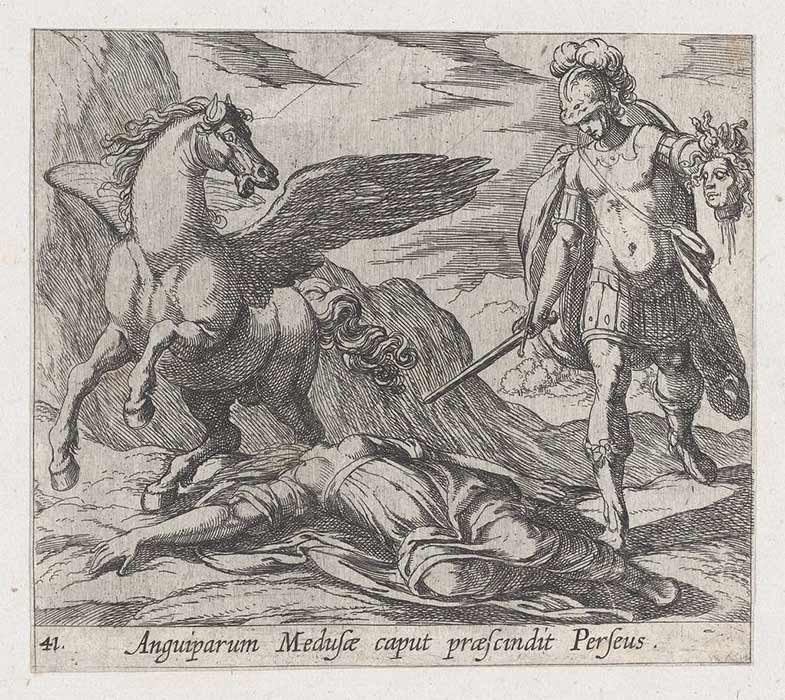
Hippoi Athanatoi: Immortal Horses of the Gods And Heroes
The gods of Olympus often procreated semi-divine children with morals, but not all of their offspring were human. Especially Poseidon, god of sea and horses, sired a lineage of immortal divine equines, the Hippoi Athanatoi, who in their turn sired semi-divine herds of horses. Gods crossed the heavens in their chariots drawn by magnificent horses, to descend on to battlefields and joined the mortals and the demi-god heroes astride their valiant semi-divine war horses, who were fiery, fierce, fast and loyal. These semi-divine horses galloped in the adventures and quests of the heroes, who would not have succeeded without them.
“Do you give the horse his might? Do you clothe his neck with a mane? Do you make him leap like the locust? His majestic snorting is terrifying. He paws in the valley and exults in his strength; he goes out to meet the weapons. He laughs at fear and is not dismayed; he does not turn back from the sword. Upon him rattle the quiver, the flashing spear, and the javelin…” (Job 39:19-25)
Perseus Killing Medusa from Ovid's 'Metamorphoses' by Antonio Tempesta. Metropolitan Museum of Art (Public Domain)
Pegasus, The Horse That Could Fly
Medusa was a daughter of the marine deities and chthonic monsters, Phorkys and his sister Keto. She had two sisters Stheno and Euryale, but Medusa was half mortal and therefore beautiful as opposed to her monstrous sisters. When Poseidon, god of the sea, laid eyes on the marine maiden, he momentarily fell in love with her. Unfortunately, he had his way with her inside Athena’s temple, and the goddess punished the mortal maiden Medusa by turning her hair into snakes. The lust and vengeance of the gods had turned alluring Medusa into a Gorgon monster. She was cursed that who-ever would gaze upon her face would turn into stone. Along came Perseus, son of Zeus and the mortal Danaë, who was tasked by King Polydectes to kill Medusa, in a sinister plot to get rid of him. But Perseus was semi-divine and aided by Athena, who had not forgiven Medusa for defiling her temple, he managed to trick Medusa, cut off her head and present it to Athena, who embedded it in her aegis.
However, Medusa had been impregnated by Poseidon and upon her death the twins she was carrying were released from her severed neck. One was Chrysaor, a giant wielding a golden sword and the other was Pegasus, the beautiful-winged stallion.

Mosaic emblem with Pegasus, the immortal winged horse which sprang forth from the neck of Medusa when she was beheaded by the hero Perseus, second century AD, Archaeological Museum of Córdoba, Spain (Public Domain)
In the meantime, Bellerophon, son of Glaucus, King of Corinth and grandson of Sisyphus, had been exiled as a suppliant to Proetus, King of Tiryns. The king’s wife took a fancy to him, but he rejected her and she accused him of attempting to defile her. Proetus sent Bellerophon to his father in-law King Iobates in Lycia. Hesitant to kill a guest, King Iobates tasked Bellerophon to kill the Chimera of Caria. The Chimera was a fire-breathing monster with the body of a goat, the head of a lion and the tail of a serpent. On his way Bellerophon met a seer, Polyeidos who advised him to take shelter and sleep in the temple of Athena. Athena came to Bellerophon in his dream and presented him with a golden bridle to catch Pegasus. Bellerophon was also the secret son of Poseidon, and therefore half-brother to the horse, begotten with Medusa.

Fountain of Pyrene in Corinth (CC BY-SA 3.0)





